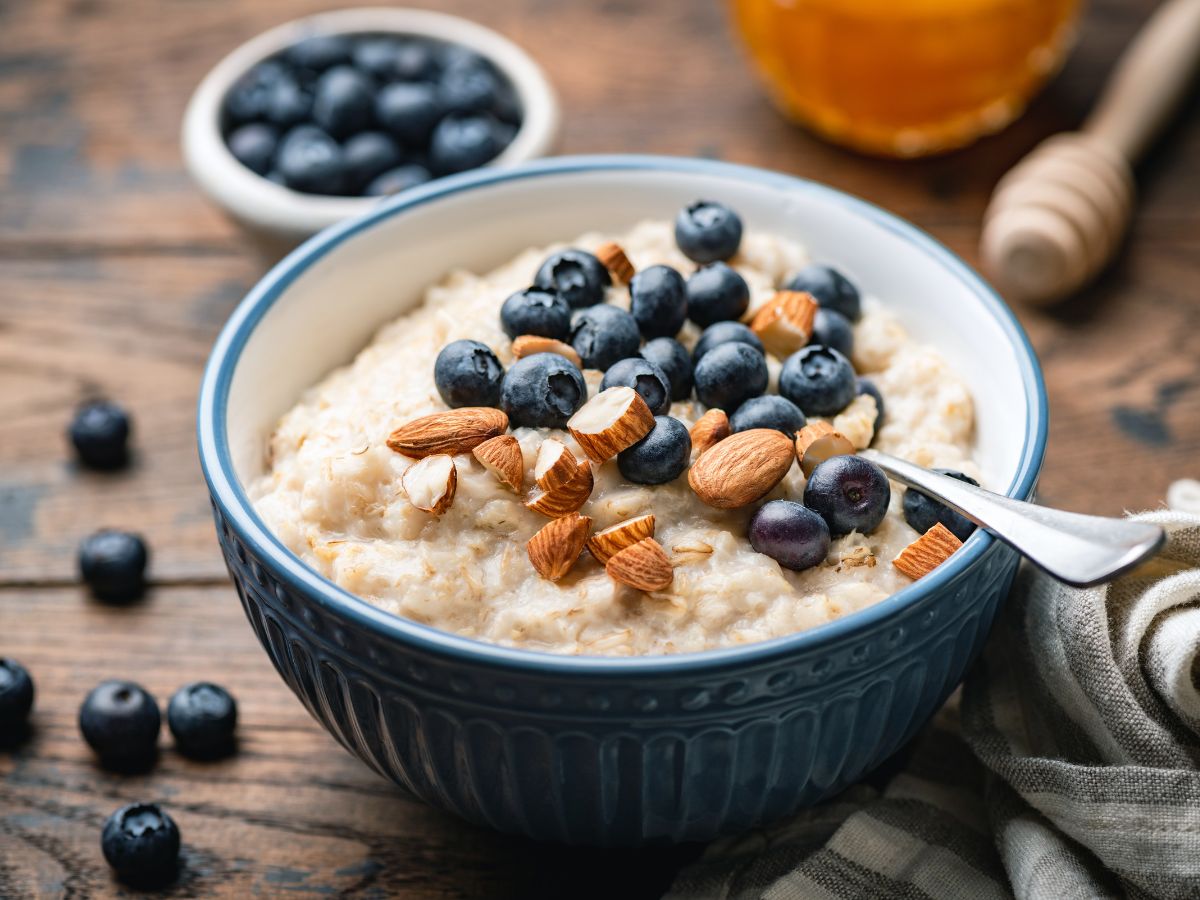Breast milk – the precious elixir of life, often referred to as "liquid gold." For every breastfeeding mother, it's not just nourishment; it's a labor of love, a bond forged, and a testament to the incredible strength of a woman's body. As a mother, you've embraced the journey of providing the best for your baby, and that includes understanding how to store and reheat breast milk efficiently. So, how long does reheated breast milk last? Let's explore!
Storing Your Liquid Gold: A Symphony of Science and Love
From the moment your little one latches onto your breast, your body produces a customized blend of nutrients, antibodies, and immune-boosting elements tailored to your baby's needs. As you embark on your breastfeeding journey, you may need to store your milk for those moments you can't be with your baby.
Storing breast milk correctly is crucial to preserving its nutritional value and preventing bacterial contamination. The Academy of Breastfeeding Medicine and the American Academy of Pediatrics provide general guidelines that can ensure the longevity and safety of your breast milk. Here are some expert-backed tips:

1. Proper Storage Containers: Glass Containers and Breast Milk Storage Bags
Choosing the right storage containers is the first step to preserving leftover breast milk for later use. Glass containers and breast milk storage bags are excellent options, as they are less likely to leach chemicals and ensure your milk's freshness. When using bags, remember to leave about an inch of space at the top for expansion when freezing. When traveling with expressed milk, use ice packs and an insulated cooler bag.
2. Safe Storage Rules: The Magic of Deep Freezers
If you have a deep freezer, it becomes your ally in milk preservation. It can safely store your milk for up to 12 months, allowing you to build a stash over time. Placing your milk at the back of the freezer is a good idea because it helps maintain a consistent temperature and reduces temperature fluctuations.
3. Temperature Matters: Breast Milk Storage Guidelines
Freshly expressed milk can stay at room temperature for about four hours. When it comes to refrigeration, aim to use the milk within four days if it's stored in the back of the refrigerator. To extend storage, transfer it to the freezer. Thaw frozen breast milk in the refrigerator or a bowl of warm water. Avoid using hot water, as high heat can destroy some of the milk's nutritional value.
Why Reheating Matters:
Imagine this scenario: you've just expressed a batch of warm breast milk using a breast pump, feeling like you've bottled a piece of your heart. But life happens, and sometimes your baby doesn't finish the entire bottle. So, you've got some leftover milk that you want to use later. That's where the importance of reheating within 4 hours comes into play.
-
Nutritional Value: Breast milk is a living substance, and its nutritional composition can change over time. Reheating within 4 hours helps preserve its essential vitamins, minerals, and antibodies, ensuring your little one gets the best from every drop.
-
Bacterial Growth: Just like any other nutrient-rich liquid, breast milk can become a breeding ground for bacteria growth if not handled properly. By using reheated milk within 4 hours, you're minimizing the risk of bacterial contamination and keeping your baby's tummy safe.

The Art of Reheating: A Warm Embrace for Your Little One
Now that you've stored your liquid gold, there may come a time when you need to reheat it for your baby's next feeding. Whether you're using a bottle warmer, warm running water, or a pot of water, the goal is to gently warm the milk to body temperature – around 98.6°F (37°C). Bottle warmers are very convenient, but not always available especially when you're traveling.
1. Avoid Microwaves: Hot Spots and Nutrient Loss
While microwave ovens may seem convenient, they can create uneven heating, resulting in dangerous hot spots that could scald your baby's mouth and destroy some of the milk's nutritional value. It's best to avoid using microwaves for reheating breast milk.
2. Thawing Frozen Milk: Patience is Key
When thawing frozen breast milk, opt for slow and steady thawing in the refrigerator or a bowl of warm water. Avoid using hot water, as it can degrade the milk's quality. Once thawed, gently swirl the milk to remix any fat that might have separated.
3. Testing the Temperature: The Inner Wrist Test
Before feeding your baby, test the temperature of the milk by placing a few drops on the inside of your wrist. It should feel lukewarm, not hot. This ensures a comfortable and safe feeding experience for your little one.

Tips to Build Breast Milk Stockpile
There may come a time when you need to have a stockpile of breast milk. Whether you're going back to work or traveling, having that extra supply of pumped breastmilk will give you a sense of reassurance that your baby has what they need. You can learn more by visiting our blog post Creating a Breastmilk Stockpile: A Practical Guide for Busy Moms
One tip to ensure that breastfeeding moms support their milk supply is to drink 9-18 glasses of water per day. That includes drinking throughout the night during your late-night feeds. To help you drink more water, EasyJug was designed with breastfeeding moms in mind. It's a 2.2 Liter BPA free water bottle with a long straw. The 47 inch long straw allows you to drink in any breastfeeding position, including laying down.
Make EasyJug your breastfeeding companion!

Conclusion: Nurturing the Bonds of Love and Nutrition
As a breastfeeding mom you are nourishing your baby with the most wholesome nutrition nature has to offer. From pumping with a breast pump to storing your milk with care and reheating it thoughtfully, each step is a testament to your dedication. By following these best practices, you can ensure that every drop of your liquid gold is cherished and savored by your little one, while also nurturing the incredible bond you share. If you have challenges with breastfeeding, please reach out to a certified lactation consultant or organizations like La Leche League.



